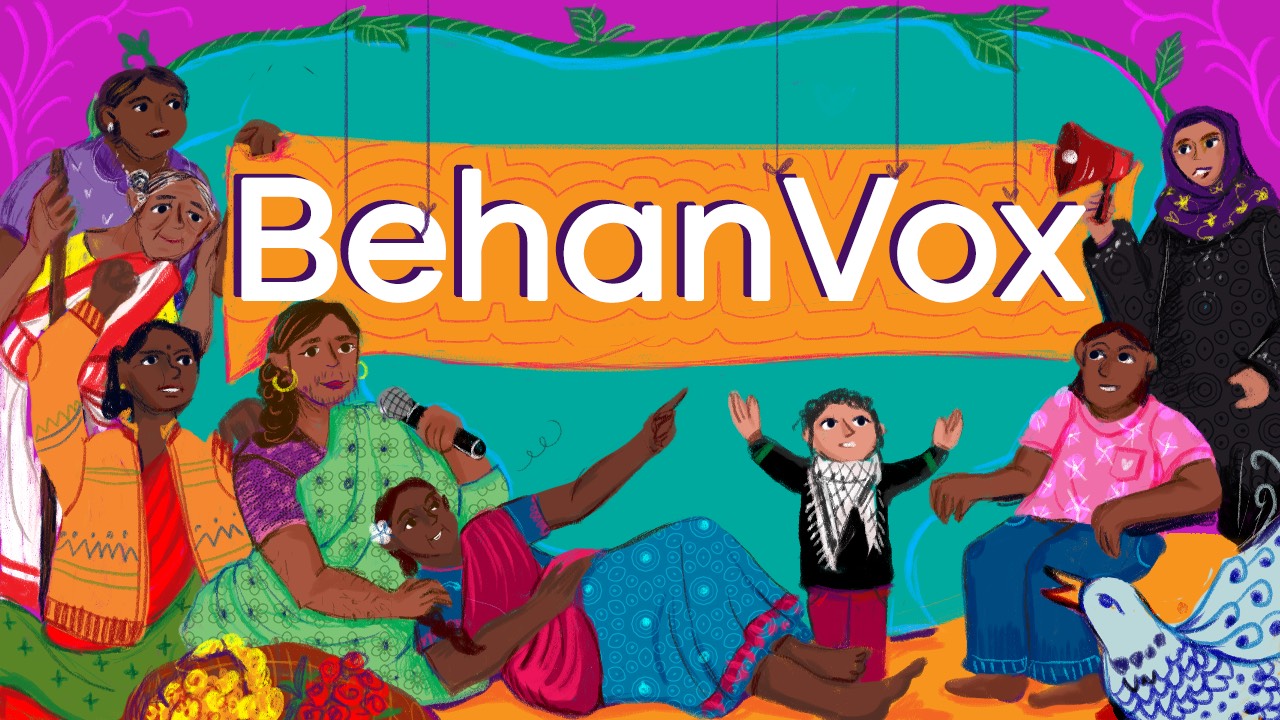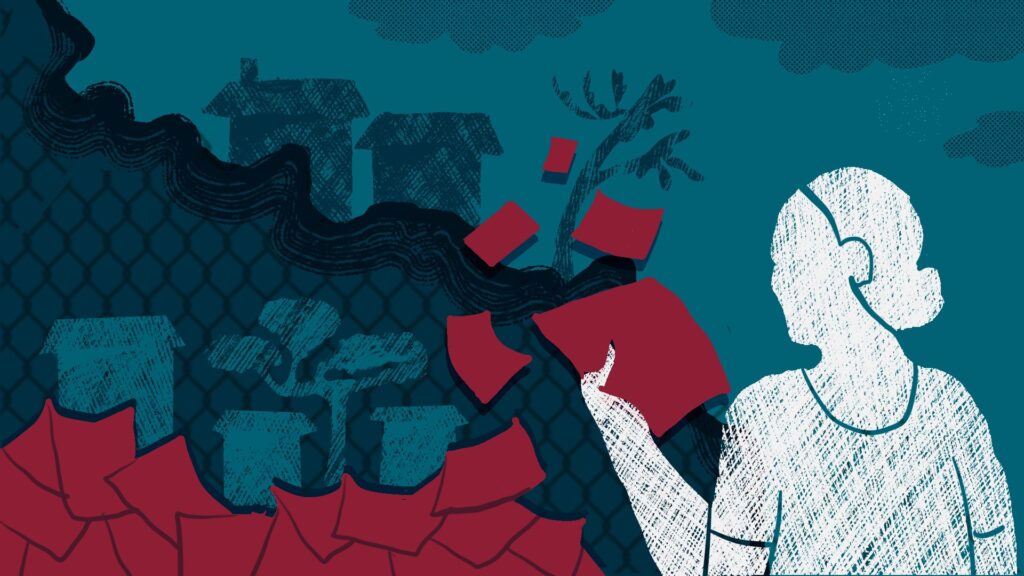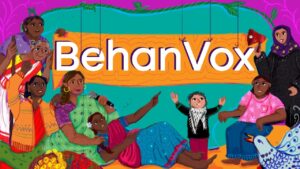[Readmelater]
BehanVox: Revising The Idea Of An Indian Citizen
This week in BehanVox: how Arunachal's women healers are saving plants from extinction, China's crackdown on female erotica writers, and more
Support BehanBox
We believe everyone deserves equal access to accurate news. Support from our readers enables us to keep our journalism open and free for everyone, all over the world.






